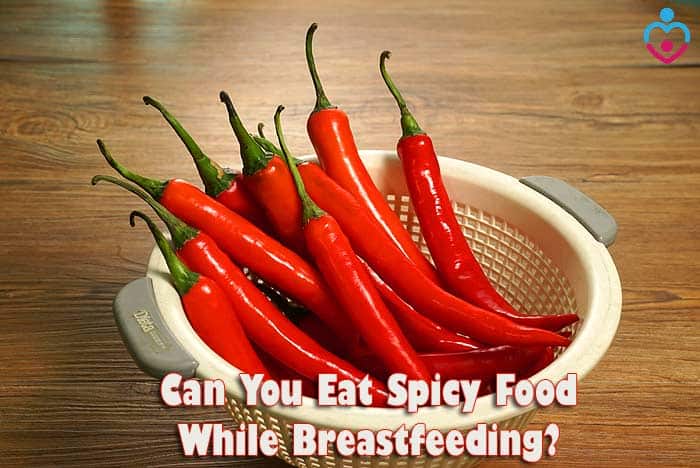
Spicy foods are controversial when it comes to breastfeeding mothers. Some pediatricians think these foods cause gas in babies and even heartburn. So let's explore the answer to this common question: Can you eat spicy food while breastfeeding?
But the impact of spicy foods is not proven scientifically. When it comes to spicy foods, this category is also extensive. It includes foods rich in garlic and onion as well as chili foods and those with strong seasonings such as curry.
So not just red chili peppers are considered spicy.
Jump to:
The effects spicy foods will have on your body, as well as the benefits of these foods, will transfer to your baby through breast milk. This is because everything you eat enters your blood flow, and from there, it gets into the structure of your breast milk.
What you eat will affect the taste but also the smell of your milk.
Naturally, rich flavored foods such as spicy foods will taste and smell stronger when they rich your breast milk. Some babies might like that while others might not.
Pros of eating spicy foods during breastfeeding
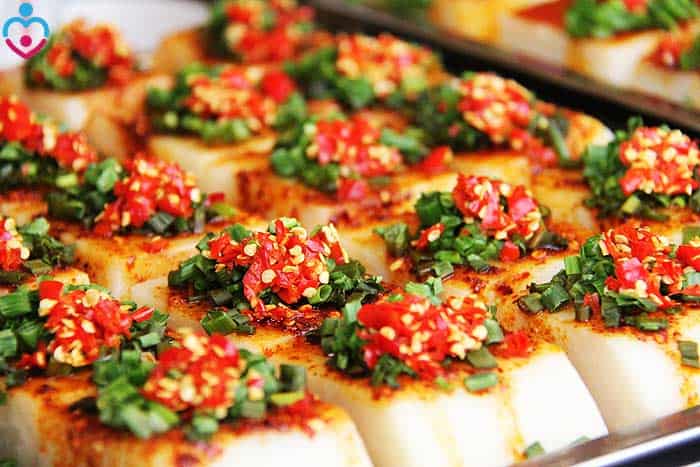
- A great benefit of spicy foods during breastfeeding is that they get your baby used to different flavors. This will make it easier for you when you need to introduce solid foods in their diet. They will accept new flavors a lot easier and be more enthusiastic about discovering new dishes.
- Spicy foods can improve blood circulation by reducing your cholesterol. This means that your blood pressure will be kept under control, and you take fewer risks of heart diseases. And such benefits will be transmitted to your baby as well.
- Both curry and western spicy foods can reduce pain in your body and discomfort for your baby. These ingredients reach the brain faster and inhibit the painful sensation your body might send to it. If you have a headache, some spicy soup might be your best ally.
- Spicy foods improve metabolism for, both the mother and the baby. They speed up your digestive system and help you burn fat a lot faster. These foods can establish a proper metabolism for your baby too.
Suggested Reading:
![]()
Cons of eating spicy foods during breastfeeding
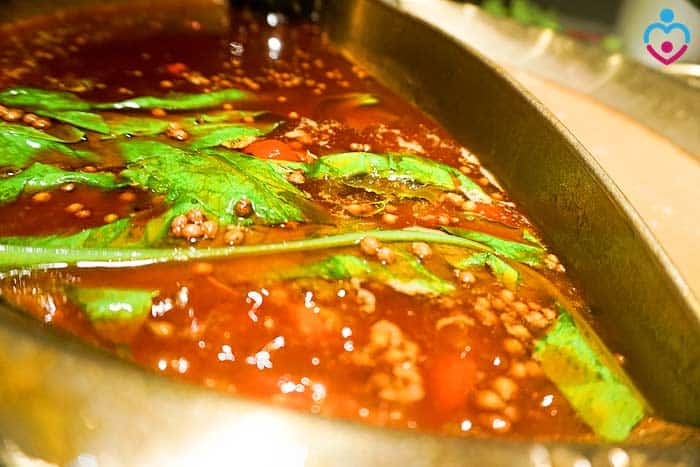
- All spicy foods cause gas. Both Indian and Western spicy foods are a culprit for baby gas. However, chili seems to cause more gas than curry. So, this is a risk you need to be aware of every time you decide to have a spicy meal.
- These foods have an overpowering flavor. While this might help your baby adjust to new foods easier, it might also make them reject other foods. If they get used to the spicy flavor, they might want it more often than others. This will become a moody aspect when it comes to your baby's diet.
- Too much spicy food can cause skin rashes for both the mother and the baby. However, this is a reaction caused by chili and western spicy food in general. Curry is not known for having such side effects.
![]()
If you eat spicy food, you should watch your baby and see what particular effects they have on them. All babies are different, and their reactions will be specific to them.
When it comes to how long spicy food can stay in your system, chances are that you will not find a straight answer. It depends on the amount of curry or chili you are actually eating as well as your digestive system.
The average time for the spicy food to be processed by your body can be anywhere between six and 24 hours.
![]()
Key References
- "Is It Safe To Eat Spicy Food While Breastfeeding?". Accessed December 03, 2019. Link.
- "Breastfeeding and diet - NHS". Accessed December 03, 2019. Link.
- "Breastfeeding FAQs: Your Eating and Drinking Habits (for Parents) - Nemours KidsHealth". Accessed December 03, 2019. Link.



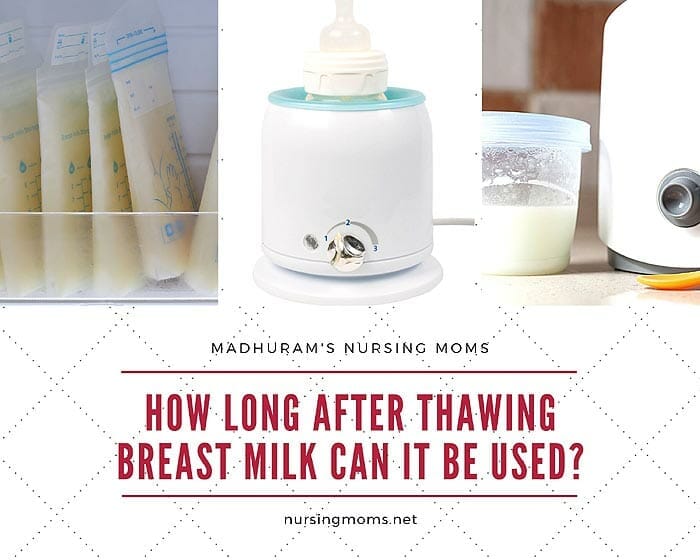
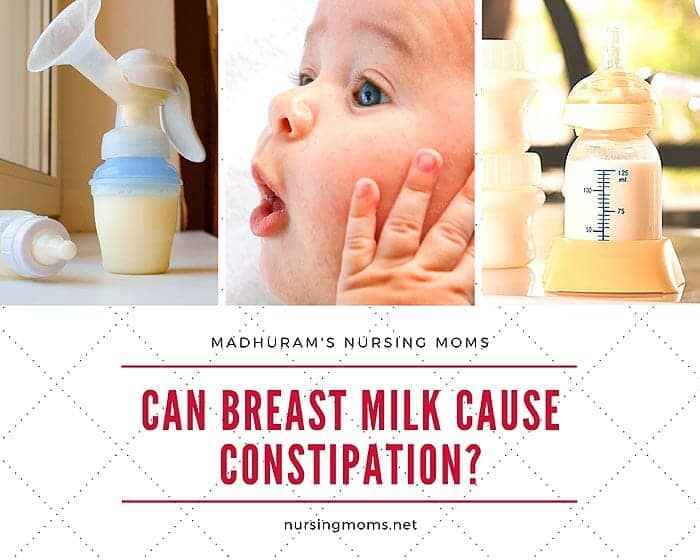

Leave a Reply